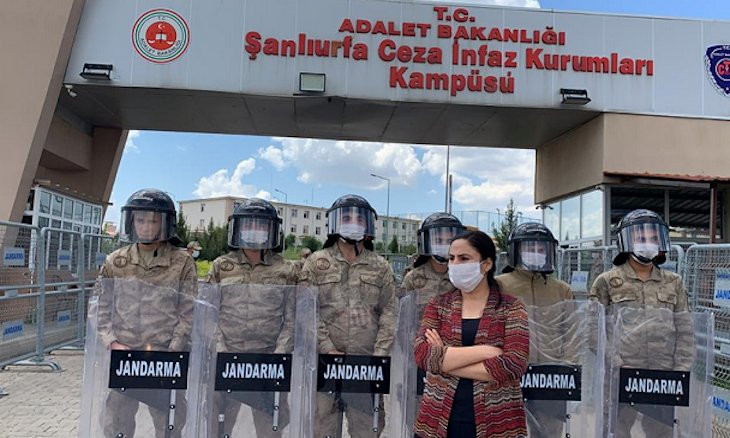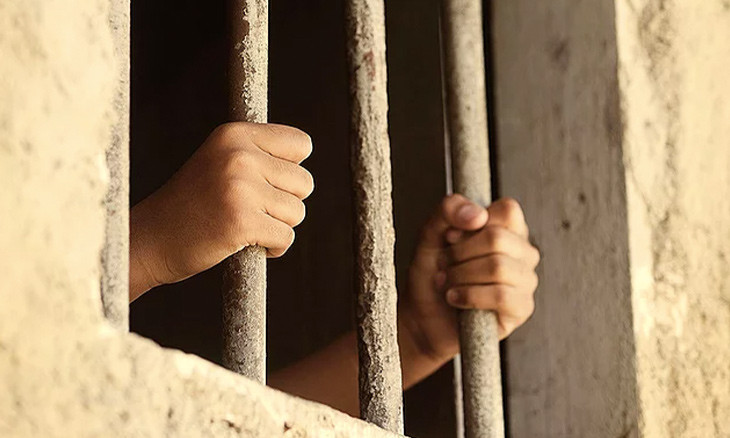44 inmates infected with coronavirus in Silivri Prison
A total of 44 convicts and arrestees were infected with coronavirus (COVID-19) in Silivri Prison, Istanbul's Bakırköy Chief Public Prosecutor's Office said on May 8, adding that two of them are receiving treatment at a hospital. "The treatment of 40 arrestees/convicts, who don't show any symptoms, were decided to be carried out at an isolation location established in the prison," it said.
Duvar English
 Prison in southeastern Turkey 'in dire condition, lacks cleaning supplies amid COVID-19 pandemic'
Prison in southeastern Turkey 'in dire condition, lacks cleaning supplies amid COVID-19 pandemic'A total of 44 convicts and arrestees were infected with coronavirus (COVID-19) in Silivri Prison, Istanbul's Bakırköy Chief Public Prosecutor's Office said on May 8.
According to the office, two of those tested positive were taken under quarantine at a hospital, while the remaining are quarantined at the prison.
"The arrestees/convicts were sent to Silivri Prison's State Hospital via being taken out of their cells immediately for isolation. Following the tests carried out by doctors, the treatment of 40 arrestees/convicts, who don't show any symptoms, were decided to be carried out at an isolation location established in the prison," it said.
"The treatment of the other two arrestees/convicts will continue at the hospital," it also said, adding that the families of the said 44 prisoners were notified on the issue.
 ‘Turkey’s incarcerated children under increased risk amid COVID-19 threat’
‘Turkey’s incarcerated children under increased risk amid COVID-19 threat’Human rights activists and opposition politicians have been calling for a prisoner release amid the coronavirus (COVID-19) since inmates are vulnerable against the virus due to the overcrowding in jails.
They have also been reporting lack of coronavirus measures and cleaning supplies in prisons.
A prisoner release bill was passed in parliament last month, but it was criticized for excluding journalists and those serving over political charges - mainly opponents of the ruling Justice and Development Party (AKP).
